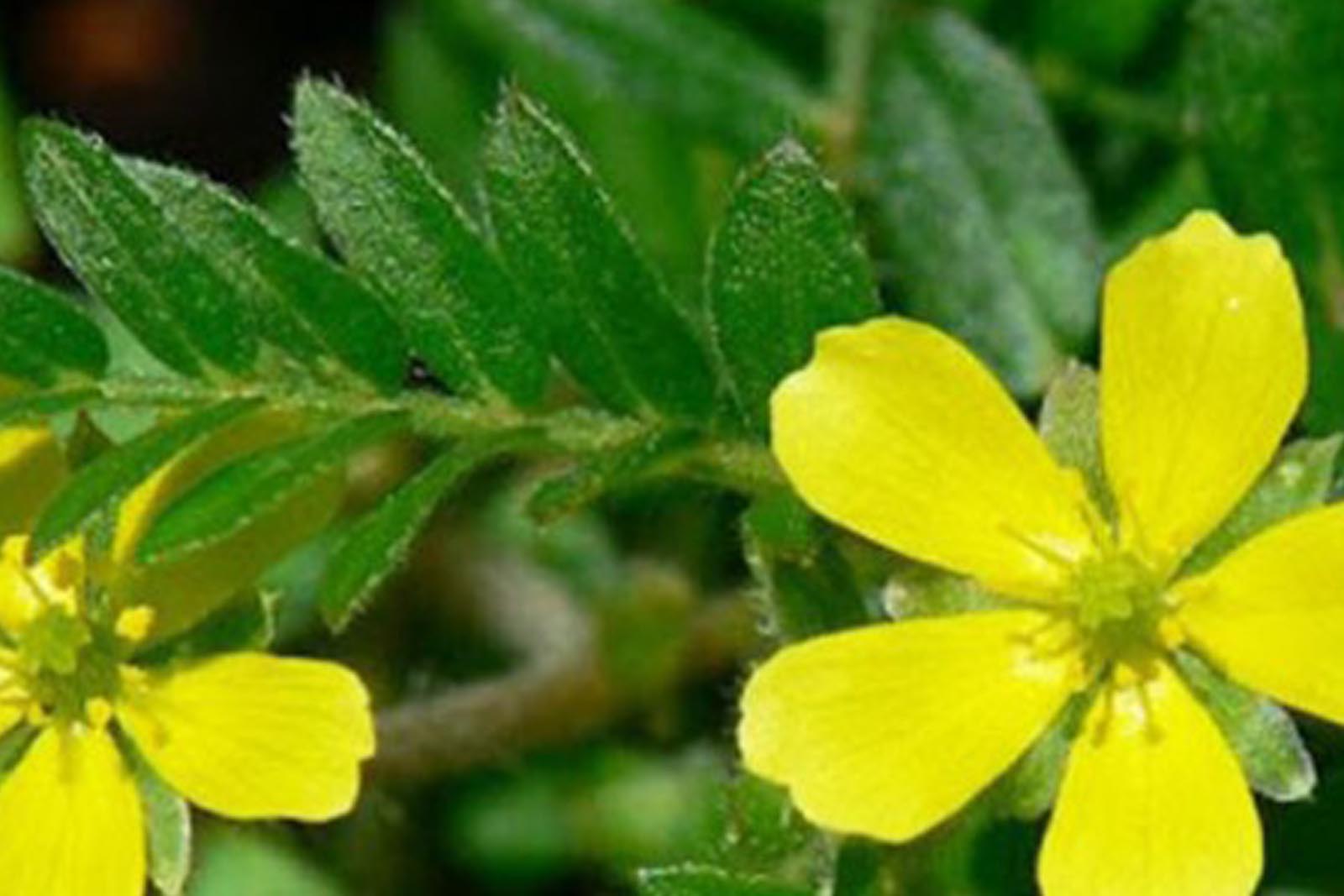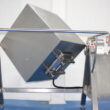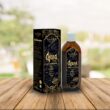
Shepherd’s crasher, scientific name Tribulusterrestris, is a plant that has a wide distribution in the world. It is known that it is generally used as a heart strengthener, urinary increaser, oxidative damage in the body and sexual stimulant. In old documents belonging to traditional Indian and Chinese medicine systems, it is registered that it is applied in the treatment of post-stroke syndrome, atherosclerosis, high blood pressure, edema and coronary artery disease. For this reason, most of the studies carried out to explain its effectiveness on the cardiovascular system have been carried out by Chinese researchers.
Scientific research shows that the aqueous extract of plant fruits is effective on various functions of the cardiovascular system. The first study that scientifically evaluated the effects of shepherd’s berries on heart attacks and that I could find in scientific sources was published in 1990 by Chinese researchers. According to their observations in 406 cases in which saponins separated from the extract obtained by boiling the fruits of the plant with water for a long time, such as 1.5 hours, were given in 406 cases, it is reported that the saponins of shepherd’s collapsing increase blood flow by expanding the coronary vessels, thus preventing damage due to insufficient oxygenation of the heart muscle.
In the measurements made with the electrocardiogram (ECG), the total efficiency rate was found to be 53 percent, and 36 percent in the control group. Later studies also revealed that this vasodilating effect provides the release of nitric oxide (NO), a vasodilating substance from the inner wall of the vessels, and suppresses the acetylcholinesterase enzyme (ACE), thus being effective in the treatment of high blood pressure. In fact, the drugs used in the treatment of high blood pressure today also show their effects through these two substances, NO and ACE.
It has been shown that saponin-type compounds in shepherd’s berries have a cytoprotective effect on heart cells, that is, they prevent heart muscle cells from dying due to insufficient blood supply. Tribulosin, one of these substances, causes the secretion of protein kinase C (PKC-epsilon) enzyme, which plays a role in the protection of the heart muscle, and the other, which is a derivative of hecogenin, a protein (Bcl-2) that prevents the death of cells. has been detected.
In another study, the effect of shepherd’s dent saponins on the repair of cells in the left ventricle of the heart in mice with infarction (myocardial infarction) with a high-fat diet (hyperlipidemia) model was examined. As a result, shepherd’s depressant saponins not only reduced the high blood lipid value after four weeks of continuous administration, but were as effective as the drug (simvastatin) in repairing cardiac functions.
While explaining the effect of shepherd’s fruits on heart and vascular functions, my heart was not willing to pass on it briefly as “Shepherd’s fruit is good for the heart” in a way that everyone can understand. I know I’m using too many technical terms. If we want to summarize briefly; It is seen that the extract prepared with water from the shepherd’s buckthorn fruits can be effective in the repair of important complications such as lowering high blood pressure, removing vascular occlusion, repairing the veins due to a previous heart attack and repairing the damage in the heart muscle. However, current scientific findings on this subject are based on studies conducted on experimental or experimental animals. It is an important shortcoming that no clinical studies have yet been conducted to support these findings, not counting the observational study in 1990.


